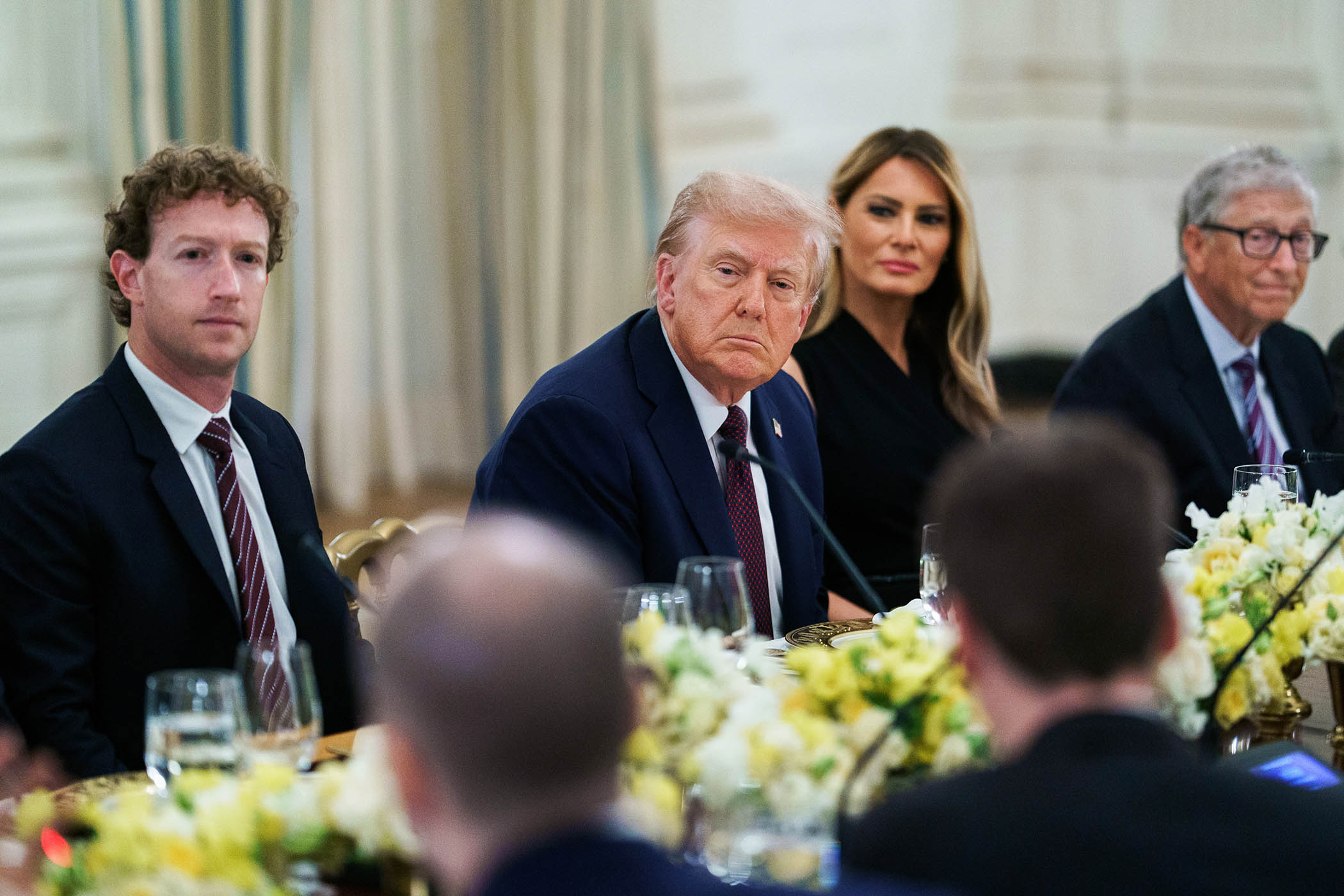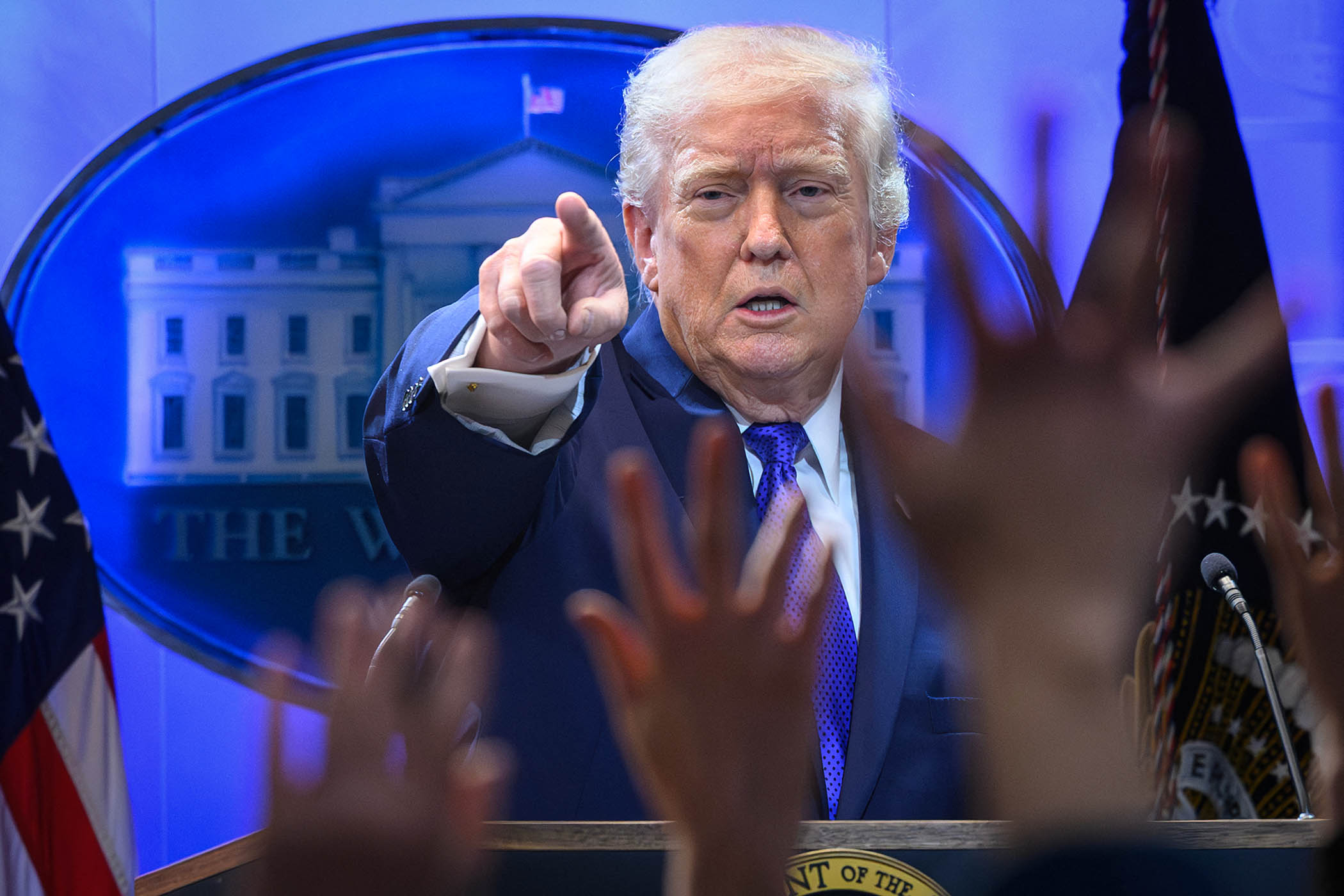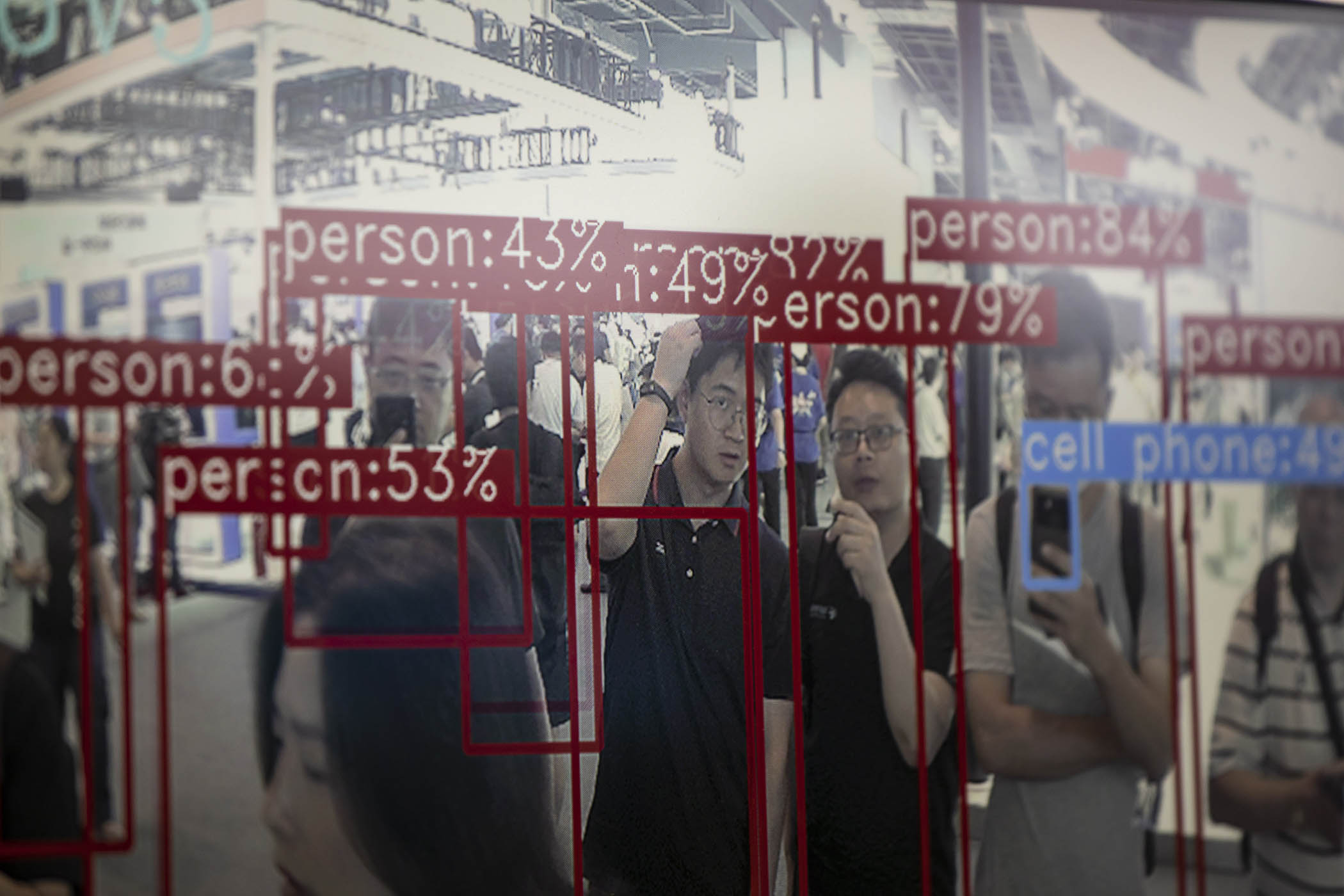If artificial intelligence ends up doing humanity more harm than good, last week may be seen as a significant turning point. On both sides of the Atlantic, efforts to regulate the rollout of the latest AI technology suffered setbacks. The EU finally succumbed to fierce lobbying by big tech, delaying the implementation of key parts of its pioneering AI act until 2027 – a deadline that may well slip further. The European Commission also unveiled a set of measures intended to save businesses up to €5bn by 2029 by having to “spend less time on administrative work and compliance” and more on “innovating and scaling up”.
Meanwhile, in the US, where state governments have been pushing forward a range of AI regulations, while the federal government has done nothing, a draft executive order was leaked revealing Donald Trump’s plans to crack down on state efforts in favour of a light-touch approach pushed by his tech titan buddies. “Investment in AI is helping to make the U.S. Economy the ‘HOTTEST’ in the World—But overregulation by the States is threatening to undermine this Growth Engine,” he posted on Truth Social.
The draft promised to create an AI litigation taskforce to challenge state laws and to withhold federal dollars, including for broadband infrastructure, from places imposing “burdensome” AI regulations.
There may be an opportunity here for Britain, which has been pursuing a regulatory middle way between Europe’s prescriptive approach and America’s federal government preference for self-regulation. The AI Opportunities Action Plan published in January mostly looked to tweak existing regulations which, though dull, offers scope for meaningful action by a government willing to take seriously the threats posed by AI, as well as its opportunities. So far, however, our government has seemed no keener than any other to stand up to big tech.
Photograph by Will Oliver/EPA/Bloomberg via Getty Images
Newsletters
Choose the newsletters you want to receive
View more
For information about how The Observer protects your data, read our Privacy Policy



